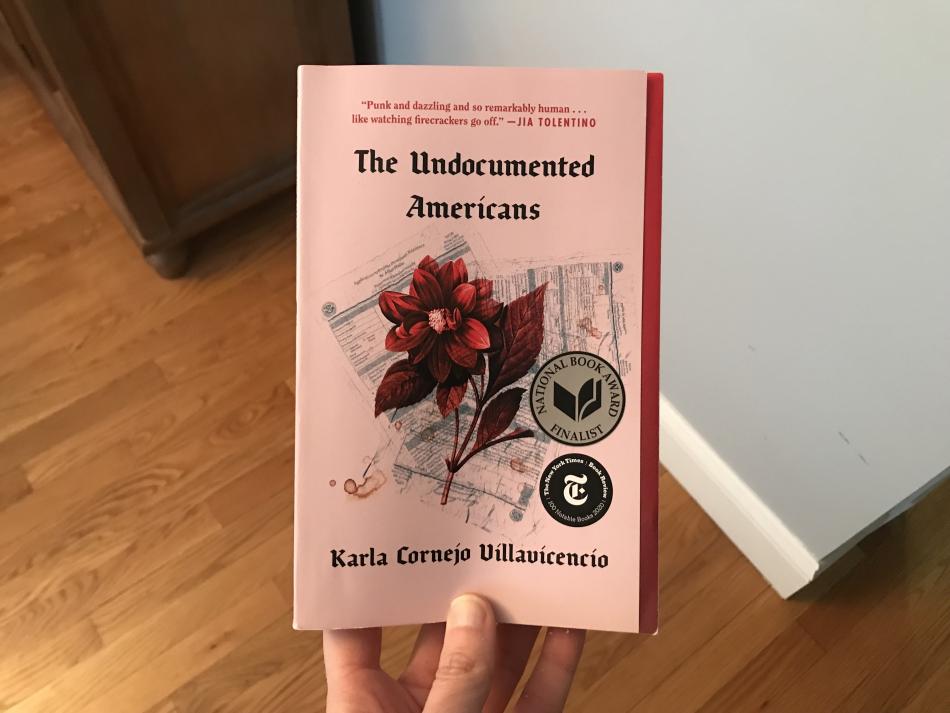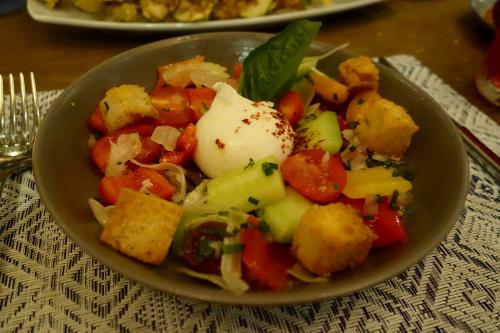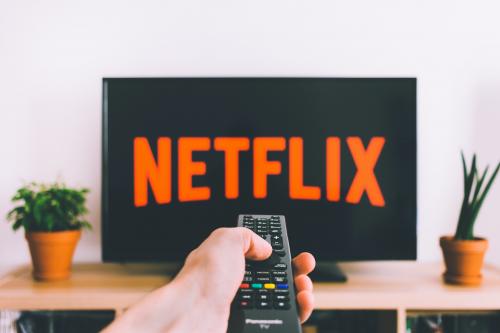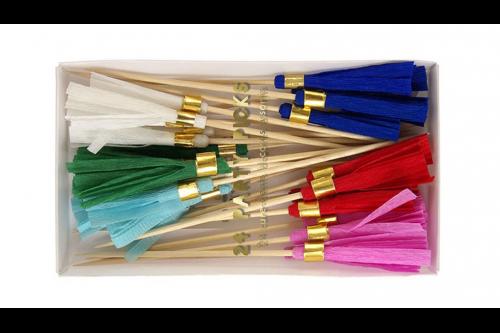This book was recommended to me by a friend. She handed me her copy and said, "It is my opinion that this should be required reading in all U.S. history classes." I was immediately intrigued.

This is a work of non-fiction, written by Karla Cornejo Villavicencio. She is undocumented herself and begins the book with an introduction that explains how this project came to be.
She writes, "When I was a senior at Harvard, I wrote an anonymous essay for The Daily Beast about what they wanted to call 'my dirty little secret' - that I was undocumented. It got me some attention - it was a different time - and agents wrote asking me if I wanted to write a memoir."
She continues on the next page, "By this point, I had been pursuing a PhD at Yale because I needed health insurance and had read lots of books about migrants and I hated a good number of texts. I couldn't see my family in them, because I saw my parents as more than laborers, as more than sufferers or dreamers. I thought I could write something better, something that range true. And I thought that I was the best person to do it. I was just crazy enough. Because if you're going to write a book about undocumented immigrants in America, the story, the full story, you have to be a little bit crazy. And you certainly can't be enamored with America, not still. That disqualifies you."
I was dog-earing pages before I even got to the official first page.
What follows are personal stories of immigrants in Staten Island, Miami, Flint, Cleveland, New Haven, and those who worked at Ground Zero after 9/11.
She shares the harsh realities of day laborers - no job security and perilous conditions. She talks about the serious health problems developed by day laborers who helped to clear debris in New York City after 9/11 and how without health insurance, it's nearly impossible of them to be properly treated. She talks about the aversion to the U.S. healthcare system and how many immigrants turn to homeopathic remedies to try and cure ailments.
She meets with first-generation immigrants, but also with their children. Though she has already lived this experience herself, she hears from elementary-school age children about what their reality is like without legal status. They are afraid to make big plans, to want things, to imagine a future outside of their home.
Villavicencio is the rare kind of historian who deeply embeds herself with her subjects and lets their truths reveal themselves. It's clear that her two greatest strengths are listening and empathy.
She writes with brutal honesty. It's that raw, vulnerable tone that makes this book punch you straight in the gut.
If you weren't already thinking about your privilege, by the final page, you will feel compelled to take action. Or at the very least, widen your understanding of the immigrant experience and understand the kind of compassionate role you could take in welcoming new individuals and families to your community.
I basically wanted to underline every sentence of this entire book, but the one passage that stuck with me throughout was this one:
"As an undocumented person, I felt like a hologram. Nothing felt secure. I never felt safe. I didn't allow myself to feel joy because I was scared to attach myself to anything I'd have to let go of. Being deportable means you have to be ready to go at any moment, ready to go with nothing but the clothes on your body. I've learned to develop no relationship to anything, not to photos, not to people, not to jewelry or clothing or ticket stubs or stuffed animals from childhood. Sometimes to prove my ability to let go, I'll write something long and delete it, or go on my phone and delete all photos I have of happy memories. I've never loved a material object. When my parents took me home after my Harvard graduation, we took the Chinatown bus, and we each took one suitcase. If it didn't fit, we threw it out. We threw out everything that wasn't clothes."
Please, please, please read this book.
And after that, watch Living Undocumented, a six-part series on Netflix that also does a beautiful job telling stories of immigrant families with dignity and respect.




